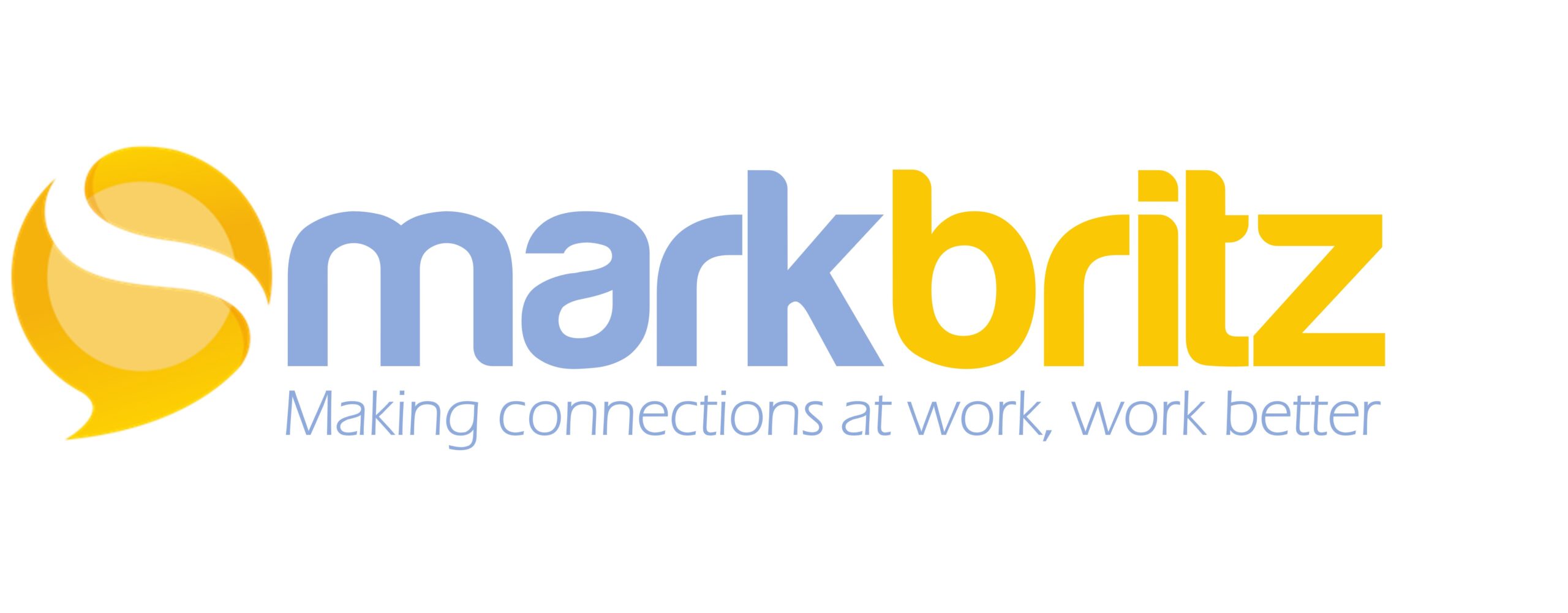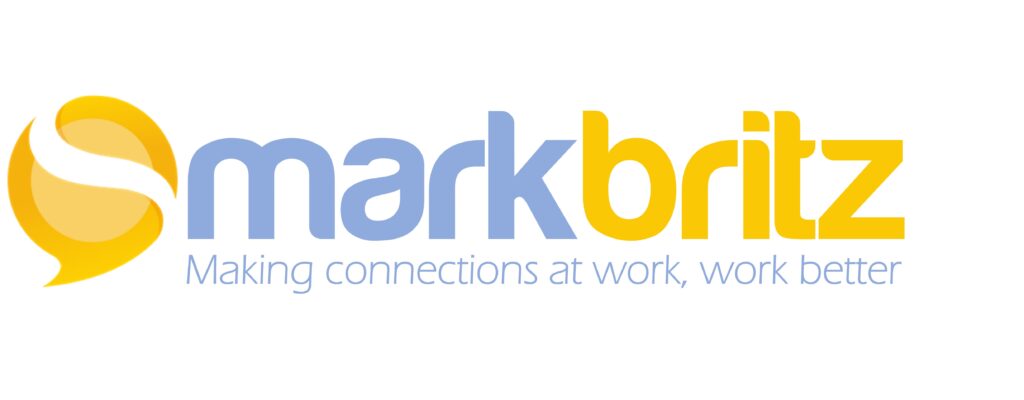Several months ago I wrote the first post of this title. In it I shared how through continual conversation and examples I was able to help some key stakeholders stop calling everything training when it came to a performance solution. The idea being that change happens one conversation at a time and that maybe to shift a culture we need to begin by changing the words we use. Words are powerful in that they set expectation and have a connotation. Take “Social” for example. Early on many saw “social” as a being the same as goofing around. Who wants THAT in their organization? Today, and equally unfortunate, “social” equates to Social Media which diminishes its value around the verb it is – being human.
Another word that I suspect if we can change in organizations would begin the dominoes falling is the word “learners”. This term is pretty exclusively an L&D word that lumps people together. And although learner isn’t earmarked as a formal learning only term, it has that connotation, for “learner” is not that far removed from “student” for most hearing it, it generates a context. If one is a learner it puts them in a learning exclusive situation and a learner needs learning which is typically to be supplied by, you guessed it, L&D.
Most people in organizations see themselves at workers or employees, not learners. They were not hired to learn, they were hired to do. What happens then if L&D joins everyone else in the organization? What if they drop the name “learner” from their vocabulary and uses words like worker and employee? I suspect (hope?) the process of changing of words, changes the practices, changes the culture begins.
The L&D practice would become more about helping workers do their jobs. It becomes a bigger focus on the employees needs and their context not L&D’s traditional delivery approach and systems. Workflow solutions, performance support, informal learning opportunities and coaching and mentoring rise, while classrooms, training and courses fall.
What then?
Culture shift. L&D decompartmentalizes; they become more free agent-like, moving into the workflow as a partner in performance. Work and learning truly begin to merge and employees, with change agents amongst them see a greater personal, professional and organizational value in sharing their work, sharing resources, and collaborating. The inside moves out and a more empowered, autonomous workforce becomes the face of the organization. Improving morale builds greater loyalty and loyalty leads to greater trust across levels. The organization builds a reputation as an employer of choice and the best and brightest gravitate towards it.
Idealistic? Simple? Maybe. But L&D has a lot of potential energy for change, it just needs to get out of its own way. Words are one place to start.

